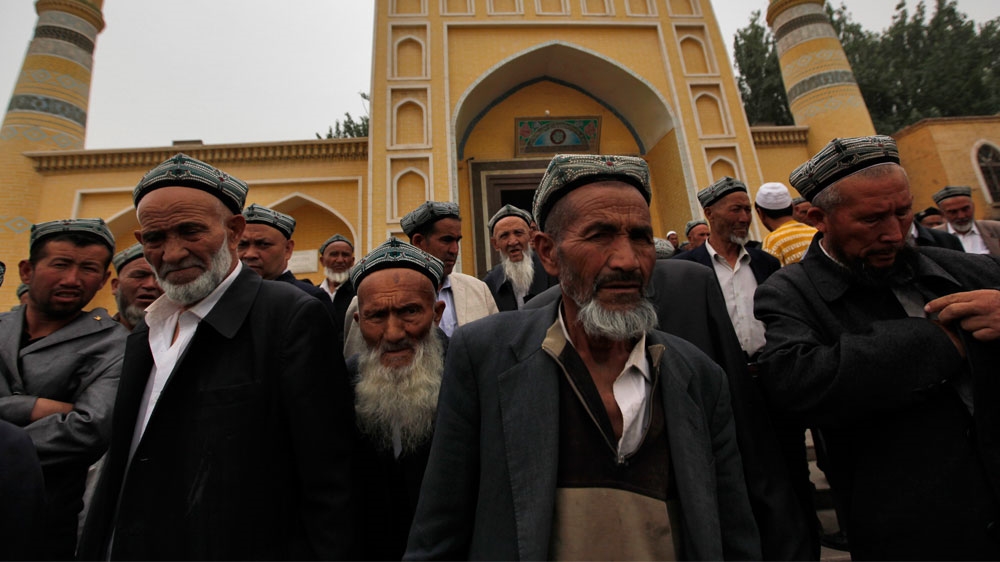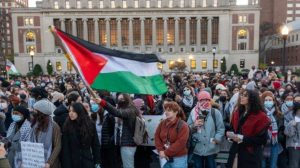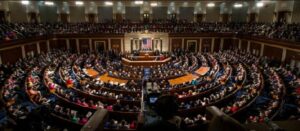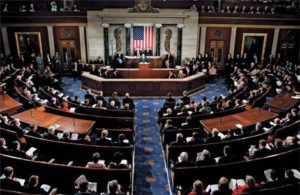Washington, MINA — China said Thursday it rejects an attempt by U.S. lawmakers to impose sanctions on Chinese officials for their detainment of members of Muslim community in the Xinjiang region, Anadolu Agency reported.
Senator Marco Rubio and Representative Chris Smith, heads of the Congressional-Executive Commission on China (CECC), sent a letter Wednesday to Secretary of State Mike Pompeo and Treasury Secretary Steve Mnuchin, urging them to impose sanctions on China.
“Given the gravity of the situation, and the severity and scope of the rights abuses being perpetrated, we urge you to apply Global Magnitsky sanctions, and consider additional measures, against senior Chinese Government and Communist Party officials who oversee these repressive policies,” the two CECC chairs wrote in the letter.
Global Magnitsky sanctions were originally created for imposing sanctions on Russia but now applies to globally for human rights violators.
Also Read: Pakistan Condemns Israeli Settler Attacks in West Bank, Al-Aqsa Storming
Seventeen lawmakers, senators and congressmen from both political parties signed the letter, citing the Chinese have conducted human rights abuses including detention, torture and appalling levels of restrictions on their ability to practice and display their faith.
A spokeswoman for the Chinese foreign ministry responded to the letter in a news conference, saying its citizens enjoy religious freedom and U.S. lawmakers should properly serve their country.
Xinjiang region is home to around 10 million Uighurs. The Turkic Muslim group which makes up around 45 percent of the population of Xinjiang, has long accused China’s authorities for cultural, religious and economic discrimination.
China stepped up its restrictions on the region in the past two years, banning men from growing beards and women from wearing veils, and introducing what many experts regard as the world’s most extensive electronic surveillance program, according to the Wall Street Journal.
Also Read: China Criticizes US-Drafted UN Gaza Resolution as Vague, Abstains from Vote
Up to 1 million people, or about 7 percent of the Muslim population in China’s Xinjiang region, have now been incarcerated in an expanding network of “political re-education” camps, according to U.S. officials and United Nations experts.
Many experts on the region and Uighur activists say unrest is driven by China’s heavy-handed policing, strict limits on religious activity and preferential policies for non-Uighur migrants in the region. (T/RS5/RS1)
Mi’raj Islamic News Agency (MINA)
Also Read: Former Bangladesh PM Sheikh Hasina Sentenced to Death


































 Mina Indonesia
Mina Indonesia Mina Arabic
Mina Arabic